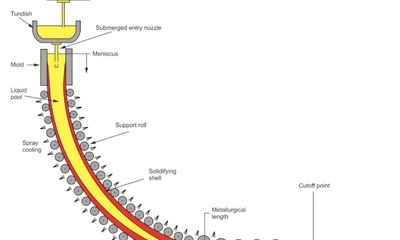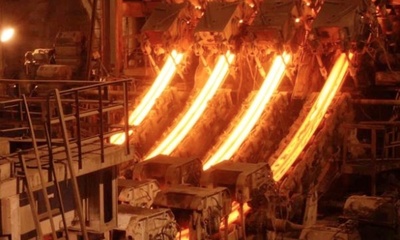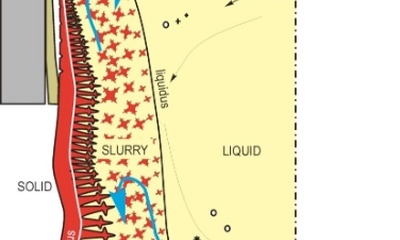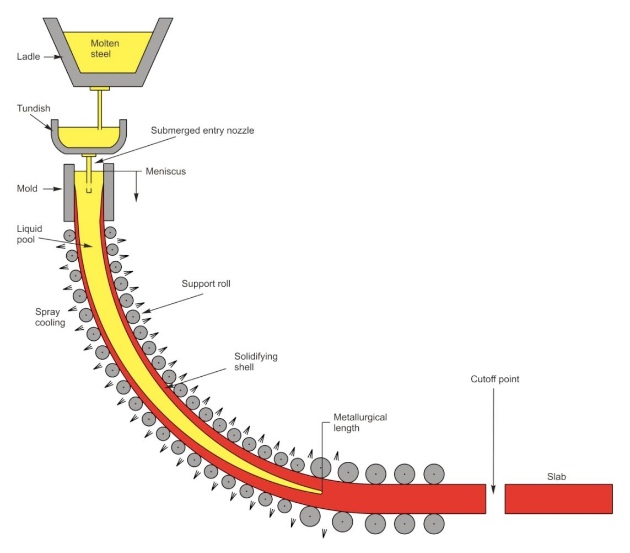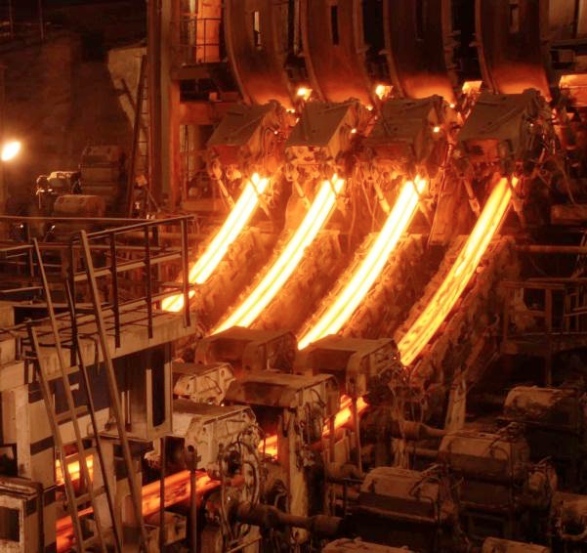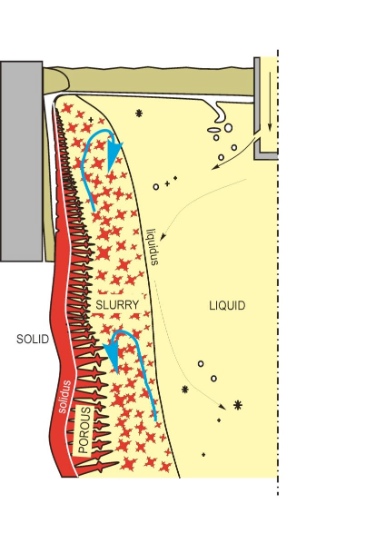Research Grants Council of Hong Kong started to support research at the University of Nova Gorica
Intensive scientific research activities take place at the University of Nova Gorica, which extend into European and wider areas. Recently, the University is successfully setting up cooperation with China’s rapidly growing industry and their research and educational institutions and agencies.
Numerical simulation of materials and processes has become an important tool in improvement of the existing technologies and in developing new ones, due to the fast development of information technologies. Thus, numerical simulations are increasingly replacing costly industrial experiments. This approach is particularly important in metallurgical processes, because the flow structure in the liquid alloy or evolution of the microstructure is very difficult to observe experimentally in the laboratory, and even significantly more difficult in an industrial environment. Therefore, numerical simulations have become essential tools for improved insight into the structure of materials and dynamics of processes. In this way, the numerical simulations have great potential to optimize the product quality, productivity and safety of production processes as well as the environmental impact. The described research is at the University of Nova Gorica conducted in the Laboratory for Multiphase Processes, which since its establishment in 2001, developed into an internationally recognized research group, both in terms of fundamental and industrial research. Coworkers of the Laboratory are recipients of numerous national and international awards.
In June 2012, the Research Grants Council of Hong Kong began funding a four-year research project, which will be implemented at the City University of Hong Kong and the University of Nova Gorica. The project aims to develop innovative simulation tools for the numerical modelling of solidification in the steel and aluminum industry, based on the new generation of meshless numerical methods. The researchers from both institutions hope for new insights towards more accurate and efficient simulations, and the Chinese and Slovenian industrial partners for implementation of simulation tools in their production. The project is expected to stimulate increased collaboration also in other research areas.
Project coordinator in Hong Kong is Professor Benny Hon and in Slovenia, Professor Božidar Šarler, Head of the Laboratory for Multiphase Processes, University of Nova Gorica.
Contact
Andreja Leban
Public Relations
T: +386 5 3315 397
E: andreja.leban@ung.si
